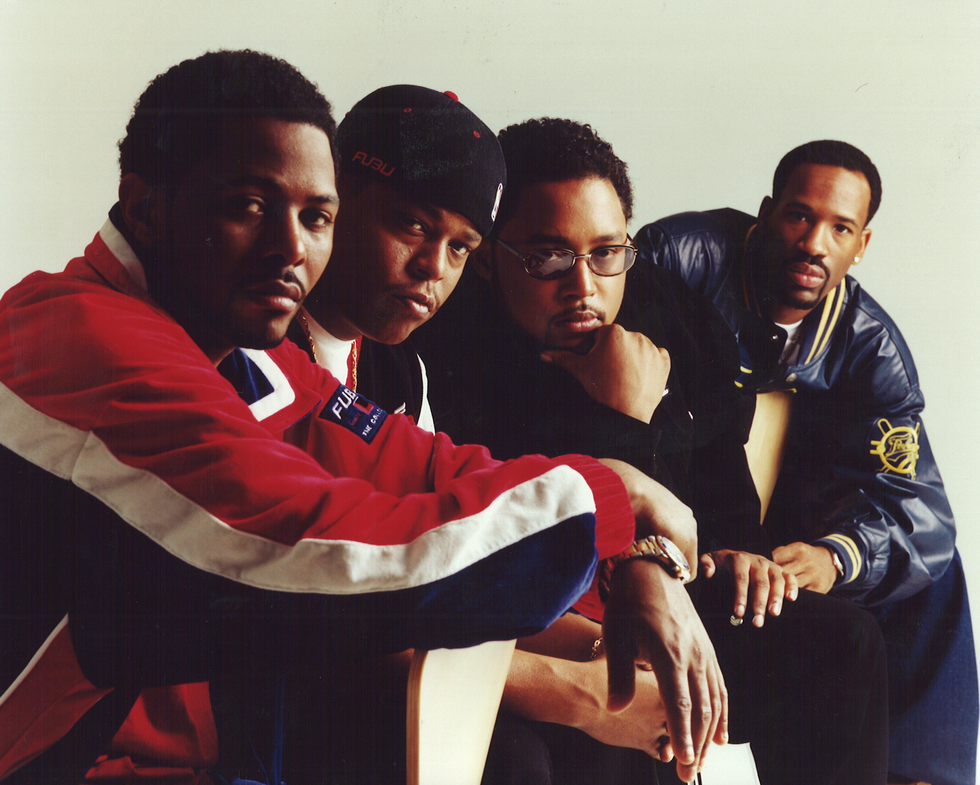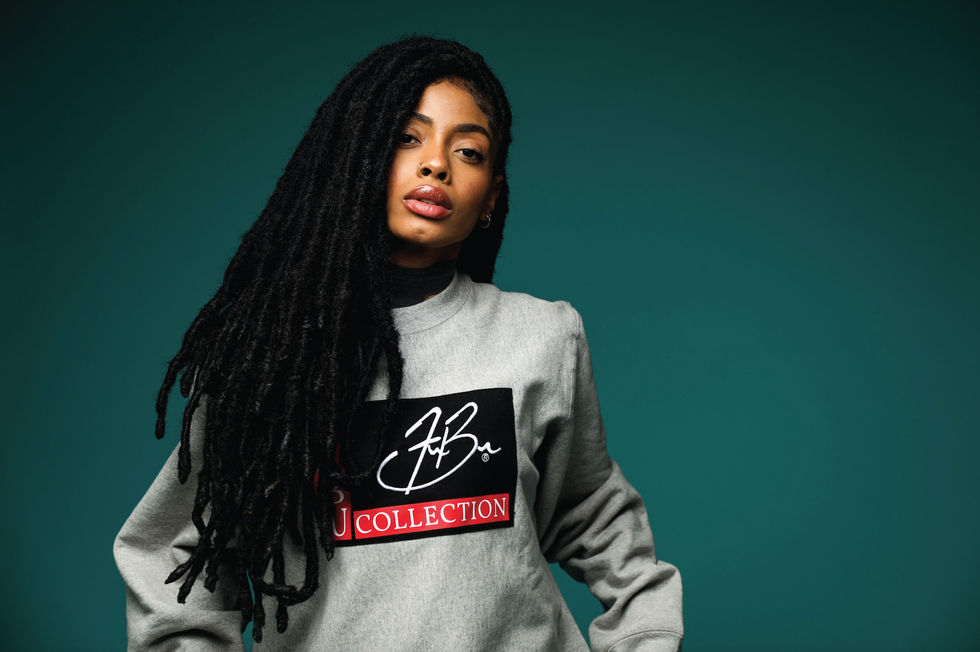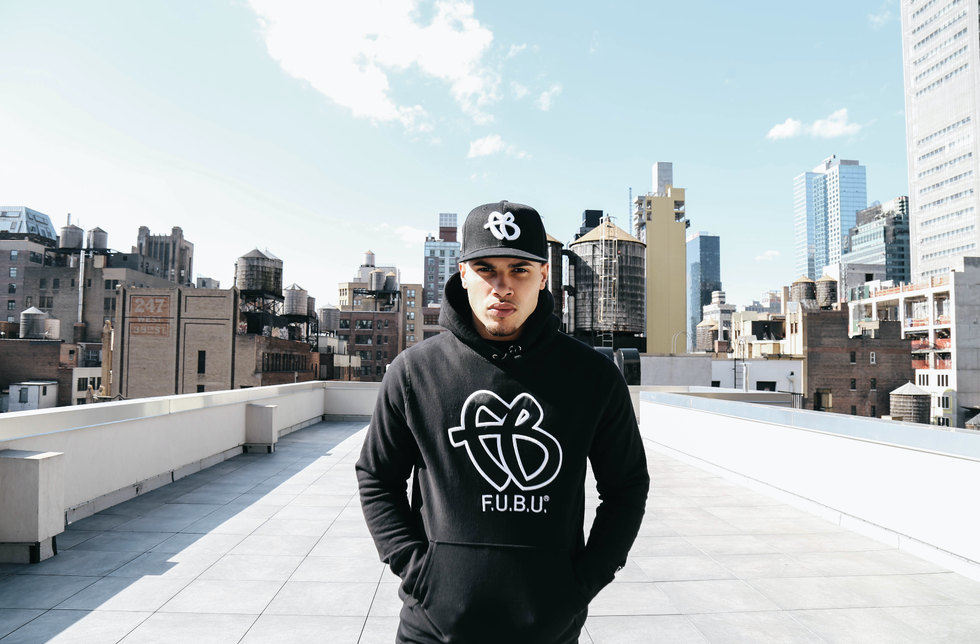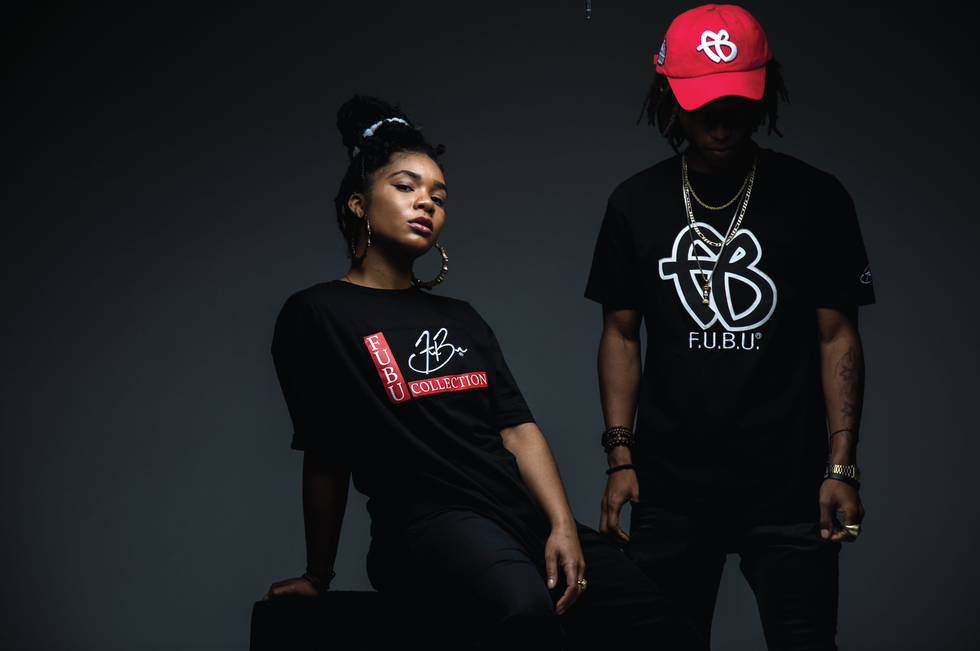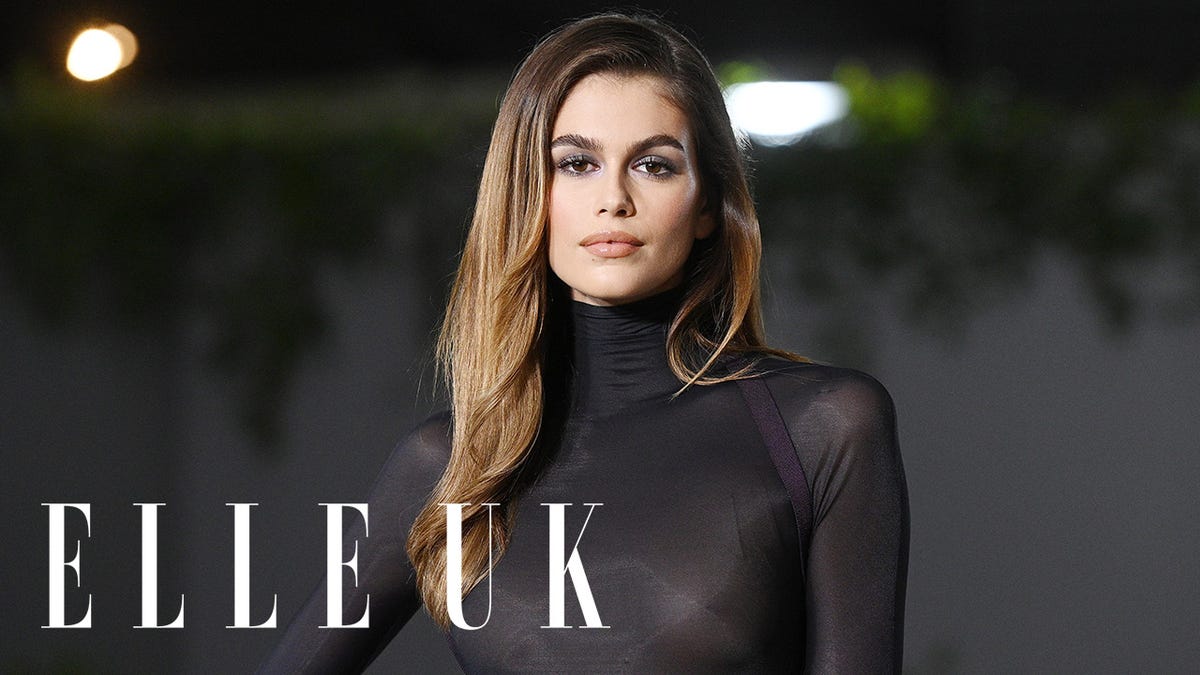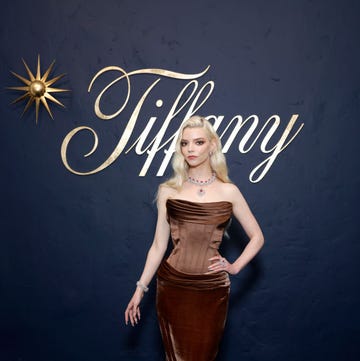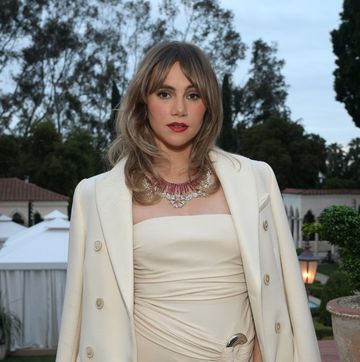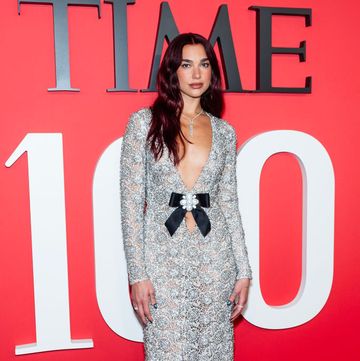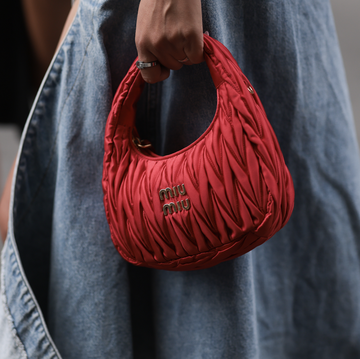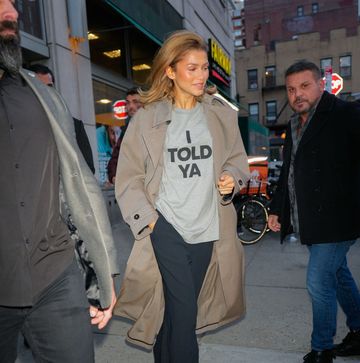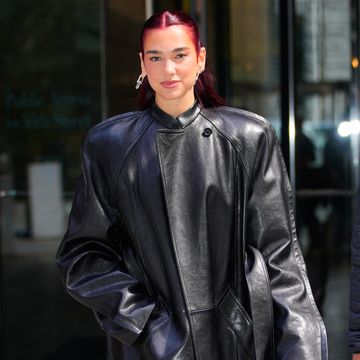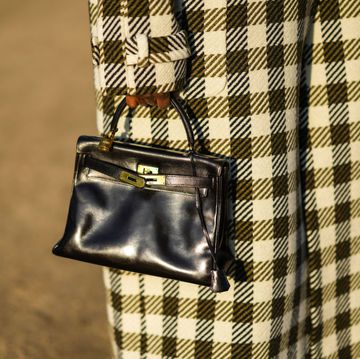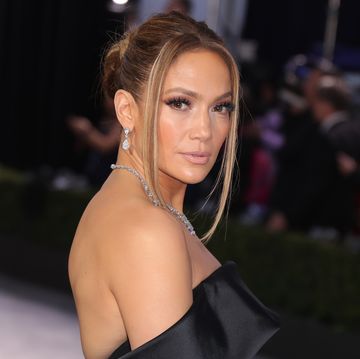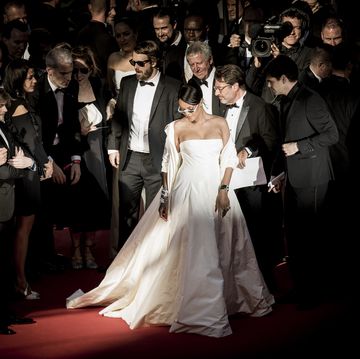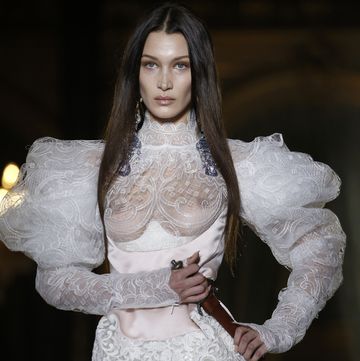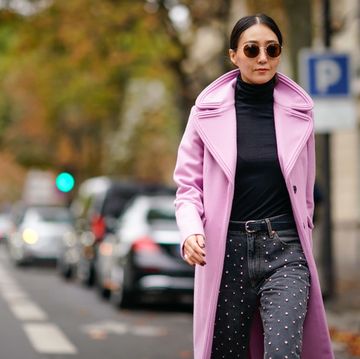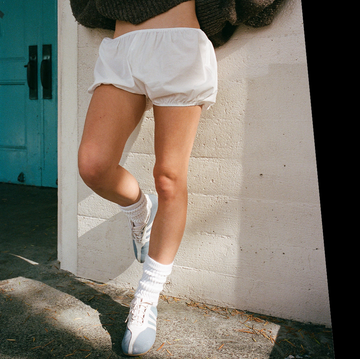Any streetwear fan born in the '80s or '90s has a special place in their heart for FUBU (short for For Us By Us). Founded in 1992 by Daymond John, J. Alexander Martin, Keith Perrin, and Carlton Brown, the brand started small with a line of hats made in John's house in Hollis, Queens, New York, but grew into a cultural phenomenon. In the 25 years since launching, over 5,000 stores have carried the FUBU collection and more than $6 billion in merchandise has been sold at retail. Over the years, the hype faded.
But with the recent resurgence of '90s brands like FILA, Champion, and Guess, could it be FUBU's turn for a comeback? We touched based with the founders of the brand to get their thoughts on their recent collaboration with Urban Outfitters, the current state of "streetwear," and what they think For Us By Us means given our current political climate.
How'd your recent collaboration with Urban Outfitters come to be?
Keith Perrin: Our creative director Willie Escobar reached out to Urban Outfitters and they showed some interest and we put it together. Willie's been pressuring us for years to restart the brand, but you know Daymond is obviously extremely busy and he didn't have time, so he handed it to Willie and I to work hand-in-hand to get the collaborations going.
Daymond John: For those who don't know, Willie has his own brand and he's been the force behind our FUBU brand, our Coogie brand, and all of our other brands. He's the one who helped curate this. Willie is behind all of our collaborations because he's out there in those streets and he's always been that voice whenever we needed him and he's the guy we go to. Willie is how the collaboration with UO came about and our future collaborations to come with Puma, Ebbets Field Flannels, and Mitchell & Ness for 2018.
FUBU Embroidered Crew Neck Sweatshirt, $70; urbanoutfitters.com SHOP
What do you think of the current state of streetwear brands?
DJ: My theory is that streetwear right now is returning back to its origin. Back in the day, kids would see whatever brand they liked and interpret it however they wanted to on the street. At that time everyone called it "Urban", but it really didn't start being called urban until Karl Kani and Cross Colors started doing it. Prior to that the brands we wore in hip-hop were Kangol and Adidas. And if you didn't have a Run-DMC sweatshirt or t-shirt you weren't hip-hop. Now, I think streetwear's going back to the independent aspect of it.
KP: I kind of agree. Streetwear, as a form of expression, is to wear what you want. We're living in a time where everyone can wear whatever they want and feel good about it as opposed to back in the day where everyone was following trends and if you didn't have a certain something, you weren't cool. Fortunately, the '90s are back and FUBU was a huge brand back in the day.
J. Alexander Martin: Personally I don't think streetwear exists anymore—not in a traditional sense. Streetwear had taken over at one time—and no disrespect to the brands who are deemed streetwear today—but those brands are only selling four or five T-shirts. The term "streetwear" was actually kind of shunned back in the day. If you look at traditional streetwear brands that were able to break out of the realm of having people look down upon it we have Karl Kani and Sean John. Their clothing was sold in a certain store that came with a different clientele. At that time, they were called high-end stores, but today we know them as Macy's and JCPenny's. For me, streetwear is no longer what it initially started off as.
FUBU Embroidered Hoodie Sweatshirt, $100; urbanoutfitters.com SHOP
How have you seen the industry change for black designers since you all started?
KP: I think the industry has gotten better at embracing black designers because nowadays it's not so much about your race as it is your product, and how quickly you can keep up with the industry. Six months from now whatever you just put out will be ancient to the kids of today.
JAM: The industry is really weird now. Social media has made creating a brand and getting your product out to the masses a million times easier than when we started doing it. It's definitely easier for black designers and any person of color to get out there now because you don't need to sell your clothing or accessories in a department store. You can bypass all of that and go directly to the consumer or have the consumer come directly to you with just having a website. It's definitely for the better.
DJ: I think it's gotten better, the acknowledgment is there now. People of color have always been in the fashion industry, our community just never received the acknowledgment it deserved. The acknowledgment didn't start coming until Willie Wear and Cross Colors, then Karl Kani.
What relevance do you think "For Us By Us" has given the current climate? Do we still need to think with the same mentality?
DJ: I think the slogan is more powerful today than it's ever been. We're definitely in trying times these days, but I don't know if we're more discriminated against then someone who praises a guy named Allah or someone who's a woman or someone who doesn't have legal papers, but they've lived and worked in this country for 20 years. I think it's important and I think it's a statement of pride and I hope people go out there, take it, and create other companies that stand for self-empowerment and pride.
KP: I think he pretty much summed that up for the both of us.
